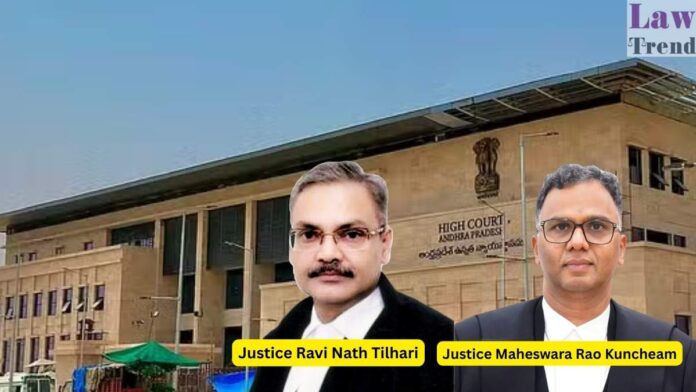The High Court of Andhra Pradesh, in a significant ruling, has held that any challenge to an arbitrator’s award concerning compensation for land acquired under the National Highways Act, 1956, must be pursued through the statutory remedy available under the Arbitration and Conciliation Act, 1996. A Division Bench, comprising Justice Ravi Nath Tilhari and Justice
To Read More Please Subscribe to VIP Membership for Unlimited Access to All the Articles, Download Available Copies of Judgments/Order, Acess to Central/State Bare Acts, Advertisement Free Content, Access to More than 4000 Legal Drafts( Readymade Editable Formats of Suits, Petitions, Writs, Legal Notices, Divorce Petitions, 138 Notices, Bail Applications etc.) in Hindi and English.




